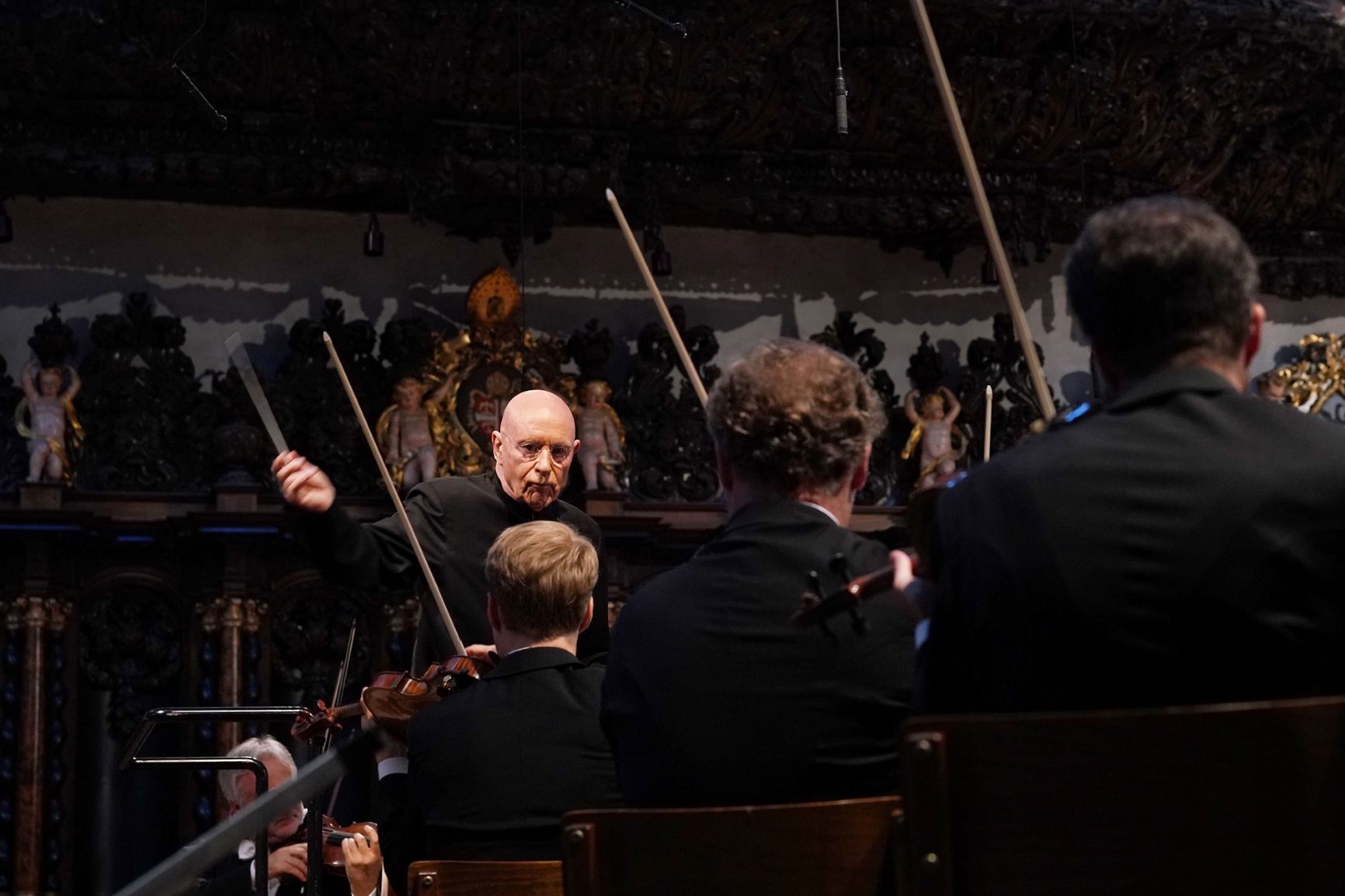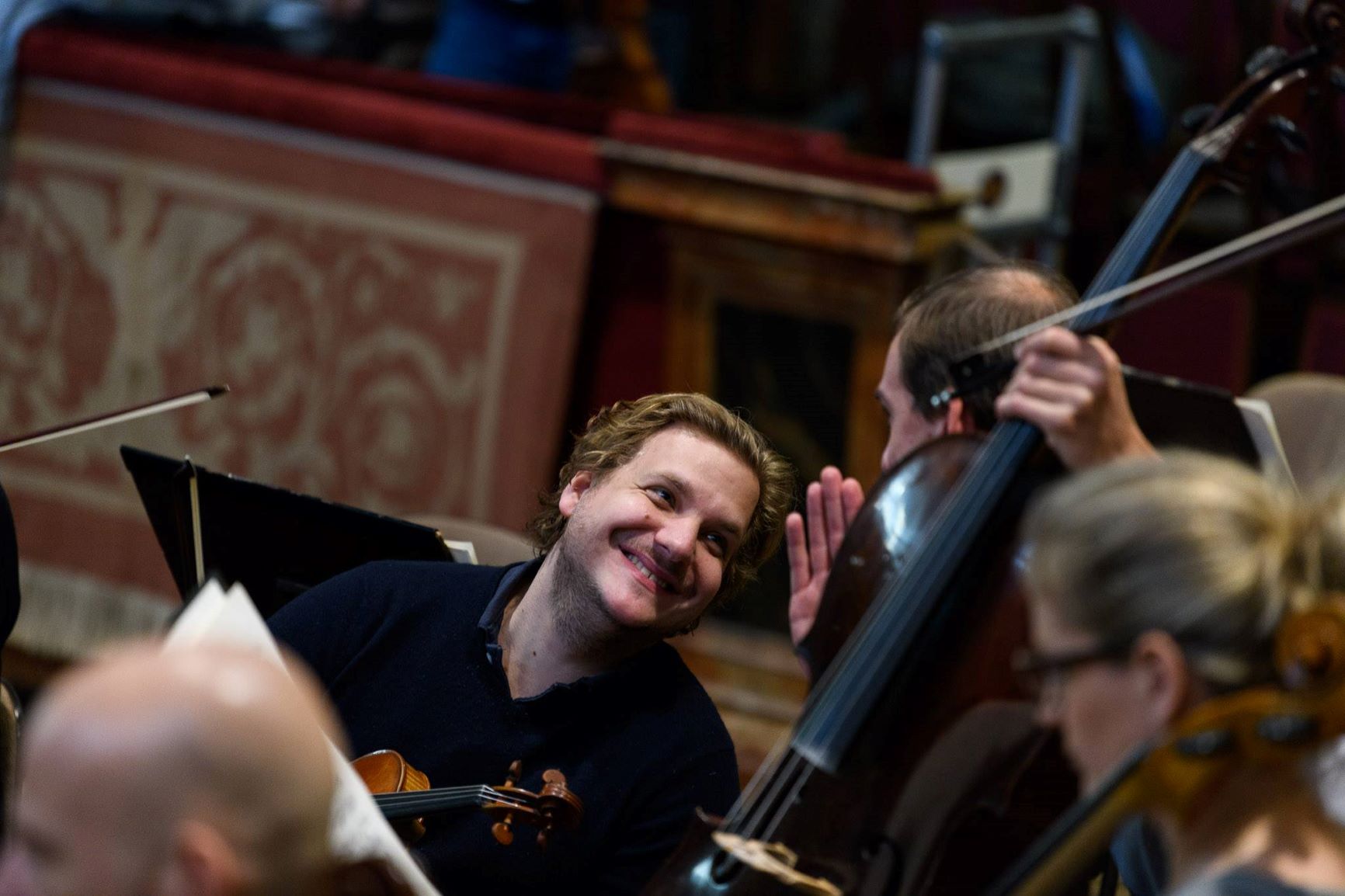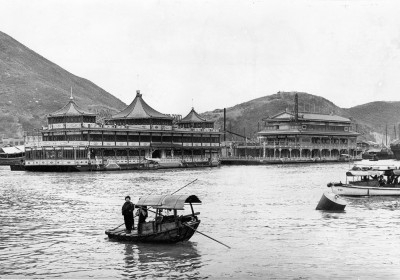
(翻譯內容以英文版本為準)
大約 12 年前,在奧地利首都,我出席了一場由埃申巴赫指揮的維也納愛樂樂團音樂會。表演一如所料非常出色,完結時掌聲如雷,人們起立鼓掌和歡呼,亦有人喊叫「真棒!」掌聲、歡呼聲貫徹整個享負盛名的金色音樂廳。
指揮家在音樂會後通常會謝幕 4 至 5 次,而他們經常都會在自己鞠躬前叫樂團起立,這是標準的做法,指揮家邀請所有樂手一同接受掌聲和喝彩,藉此表示對他們的感激和欣賞。畢竟,樂團是一個整體,如果沒有音樂家演奏,就不會有音樂出現,指揮家不能單憑一己之力演奏音樂。
但在這場音樂會,當埃申巴赫回到台上第四度鞠躬,樂手仍然坐著,不管埃申巴赫如何勸樂手起立,甚至有一刻想把樂團首席拉起來,樂手依然不願服從指揮的命令。當時我想,這個樂團必定很討厭這位指揮,否則為甚麼會不服從和不尊重他的意願呢?
花了我幾年時間,和遇到更多場有著同樣情況的音樂會,我才意識到,樂手受指揮邀請起立而不從,其實是他們對這位台上的領導者,表示最高的尊重和情感,而絕不是不尊重對方。事實上,我 12 年前沒有注意到的是,即使樂手們坐著,他們其實都在向指揮所給予的指導和啓發,心懷感激地、熱烈地鼓掌。
如果有讀者不明白我在說甚麼,請看看以下的 YouTube 片段(從 42:01 開始),你就會明白我所指。這段影片裡,NHK 交響樂團拒絕起立,來給予著名指揮家布隆斯泰特最高的尊重。
這份榮譽通常都是留給最有資歷和最受尊重,多數年逾七、八旬的指揮家。巴倫波因、布隆斯泰特、埃申巴赫、海廷克、楊頌斯和西蒙歷圖爵士都是經常獲贈此榮譽的指揮家。但這些指揮家都很真誠謙虛,時常因為要獨自鞠躬而感到尷尬,因為他們想要把音樂會的成功和出色的表現,與所有台上的樂手分享。這些老指揮家所擁有的經驗和古典音樂學識,以及其為古典音樂的貢獻,絕對值得廣泛的認可。而當樂團樂手公開地認可這些指揮家對西方傳統文化形式的奉獻,實在是極之感人。
另一個交響樂團心理學迷人的特點,與互相欣賞的樂手有關。通常在第 2 或第 3 次謝幕,指揮都會邀請首席樂手或在表演裡獨奏過的樂手起立。這不但是代表指揮的認可,同時也能讓觀眾對這些樂團裡的頂尖樂手表示讚賞。在此期間,坐著的樂手通常都會加入鼓掌。但是,他們拍手的方式,很大程度反映了他們對那位受邀起立樂手的看法。
我見過有樂手舉高雙手熱烈地拍掌,亦有些是形式上拍拍手,還有些只是手指輕拍大腿,更有些裝作甚麼事也沒有發生,我甚至見過樂手在同伴起立時面露鄙視之容。我相信你能夠從這些肢體語言,推斷出某些樂手之間的關係,以及他們是否欣賞對方的演奏。對我來説,交響樂團樂手不是政治家,他們通常都真誠而不會有一絲虛偽。他們不會出於禮節和禮貌,而為彼此鼓掌,也不會出賣自己的情感。所以簡而言之,他們的動作表達更勝於言辭。
但是,他們有時候亦會諷刺地鼓掌,而這亦是我最清楚明白的交響樂團心理學特點,皆因我遭受過許多次類似經歷。
我舉個例子: 我有一次作為敲擊樂手演奏布魯克納的第 7 號交響曲,全作 70 分鐘長,而我只在第二樂章中段,有一個音符要用鈸敲奏。不用説,其餘的 69 分鐘 55 秒我就只是坐著,看著指揮、享受音樂,以及盡我最大努力不墮入夢鄉。
音樂會結束後,在謝幕時,我那位向來幽默的指揮叫我起立,像是我剛剛演奏了一段高超的獨奏似的,而整個樂團都爆發出雷聲般的掌聲,好像在認同我對整場音樂會所發揮的影響。不用説也知道,他們的掌聲不是真誠的。確實,樂團首席音樂會後跟我說,樂手早就在音樂會前安排好這善意的諷刺,因為他們覺得我一定會悶到睡著了,而需要他們大力鼓掌把我叫醒…… 唉,他們真應該對我有多一點信心,畢竟我在上台之前已經喝了 3 杯黑咖啡和兩罐紅牛!
The Psychology of Symphony Orchestras

Some twelve years ago in the Austrian capital, I attended a concert of the Vienna Philharmonic Orchestra, conducted by Christoph Eschenbach. The performance was phenomenal, as expected, and there were thunderous applause, a standing ovation and screams of ‘Bravo’ all around the Musikverein, the prestigious Viennese concert hall where the concert was held. The conductor usually makes four to five curtain calls after a concert, and he/she always asks the orchestra to stand up as he takes the bow. This is standard practice, which shows the conductor is grateful to, and appreciates his/her players, by inviting all of them to take in the applause and plaudits together. After all, an orchestra is an entity – there would be no music if there were no musicians; the conductor simply cannot make music on his/her own.
At this concert, however, when Eschenbach came back onto stage to take his fourth bow, the players remained seated. No matter how Eschenbach tried to cajole his players to stand up and at one point even attempted to pull the concertmaster up, the players were unwilling to adhere to the conductor’s command. At that moment, I thought, this orchestra must hate this conductor. If not, why would they disobey and disrespect his wishes?
It took me a couple of years, and many more concerts with a similar scenario, to realise that players not standing up at the request of the conductor actually represents their utmost respect and affection to their musical leader on the rostrum, and is by no means an act of disobedience. In fact, what I did not notice twelve years ago and must point out now, is that even though the players were sitting down, they were clapping enthusiastically and appreciatively in acknowledgement of the guidance and inspiration that the conductor provided.
For the readers that are confused with what I am saying, do watch the following YouTube video from 42:01, and you will understand what I meant above. In this video, the NHK Symphony Orchestra was giving the legendary conductor Herbert Blomstedt utmost respect by refusing to stand up.
This honour is often reserved for the most experienced and respected conductors, who are often in their seventies or eighties. Daniel Barenboim, Herbert Blomstedt, Christoph Eschenbach, Bernard Haitink, Mariss Jansons, Zubin Mehta and Sir Simon Rattle are the conductors most frequently bestowed this honour. True to their humble self, these conductors were often embarrassed being encouraged to take the bow alone, as they all wanted to share the success and brilliance of the concerts with the players onstage. The elderly conductors deserve much gratitude and widespread recognition for their experience as well as their knowledge of and service to classical music, and it is always tremendously heartwarming when the musicians openly recognise their conductor’s dedication to this traditional form of Western culture.
Another fascinating feature of orchestral psychology relates to the appreciation of fellow players. At his second or third curtain call, the conductor would usually ask the players that have just played a solo and/or the principals to stand up. Not only is this a sign of recognition from the conductor, it also allows the audiences to show their appreciation to these leading players among the orchestra. During this process, it is common for the players sitting down to join in and clap for each other. The way they clap, however, reveals a lot about how they view the player(s) being asked to stand up by the conductor.
I have seen players clapping enthusiastically with both hands high in the air, some clapped formally, some just tapped their fingers on their legs, some acted as though nothing was happening and I have even seen players showing a face of contempt when a colleague stood up. I am sure you can deduce from these signs of body language about the relationships between certain players, and indeed, about how much they appreciated each other’s playing. As far as I am concerned, orchestral players are not politicians; they often are genuine and do not possess a single trait of hypocrisy. They rarely clap for each other out of courtesy and politeness, and would not betray their own emotions. In short, their actions speak much louder than words.
They do, however, occasionally clap sarcastically and this is a fascinating feature of orchestral psychology that I know perfectly well, having been on the receiving end of it numerous times.
Let me give you an example. I once performed Bruckner’s Seventh Symphony as a percussionist. The whole piece was 70 minutes long. And I only had one note to play, on the cymbals, in the middle of the second movement. Needless to say, I was just sitting down for the other 69 minutes and 55 seconds, looking at the conductor, enjoying the music and trying my utmost not to fall asleep.
At the end of the concert, the conductor, who always had a sense of humour, asked me to stand up as if I had just played a masterful solo in the concert, and the whole orchestra erupted in thunderous applause, seemingly acknowledging the salient impact I had on the performance. Needless to say, their applause was not genuine. Indeed, the concertmaster told me afterwards that they planned this good-natured sarcastic interlude well before the concert, because they thought I might need to be woken up, believing that I definitely would have fallen asleep during this symphony… They really ought to have more confidence in me – after all, I drank three cups of black coffee and two cans of Red Bull before going on stage!














